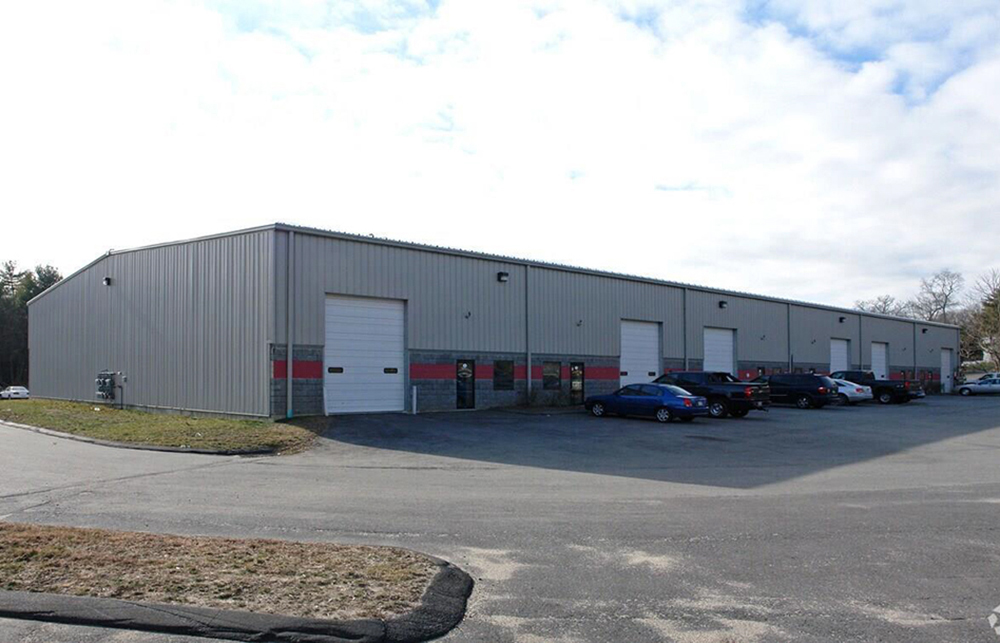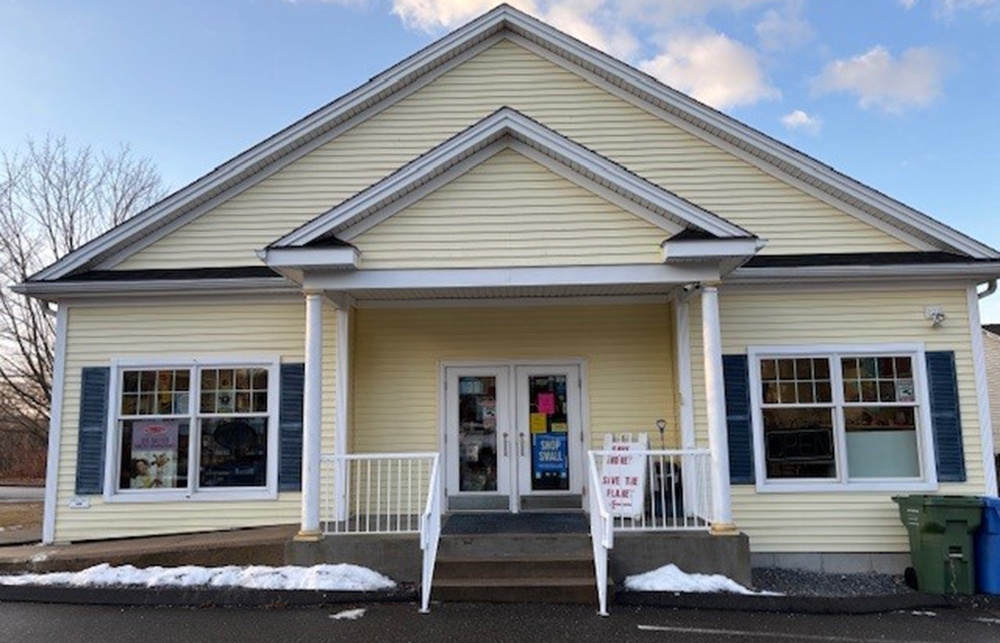The Hamilton Company leases Blank Street to historic diner location
Allston, MA The Brooklyn, NY-based Blank Street will establish its newest Boston-area shop at the former Twin Donuts diner at 501 Cambridge St., following a long-term lease agreement between Hamilton Company and the specialty coffee and matcha brand. Blank Street already operates a combined seven Boston-area locations between stores in Beacon Hill, the Back Bay, North Station, South Boston, Brookline and Cambridge.
Blank Street will be taking possession of the 501 Cambridge St. property sometime in late 2025 and will commence renovations and build out. Blank Street anticipates a late spring 2026 grand opening of the location. The original Twin Donuts diner was established in 1955 and was operated by several ownership groups over a 70-year period before the most recent owners closed the business in March.
“We’re excited to welcome Blank Street to Allston and partner with them to create a new era of business history at 501 Cambridge St.,” said Jameson Brown, chairman and CEO of The Hamilton Company. “Blank Street’s preservation of the iconic Twin Donuts sign really honors the long history of that property as a special place that is beloved in the community.”
The Hamilton Company will restore and retain the iconic neon Twin Donuts sign, which has been a fixture in the Allston neighborhood for more than half a century. Restoration efforts in collaboration with Blank Street will include the original Twin Donuts sign incorporating the branding by Blank Street Coffee.
“We love Boston, and expanding into Allston is an exciting milestone,” said Evan Mateen, director of US Real Estate. “To do so in such an iconic space is an honor, and we want to make sure we’re celebrating its rich history by maintaining the facade you know and love.” Blank Street will also be serving products unique to this location as an homage to the Twin Donuts legacy.
RapDev leases 17,587 s/f at 501 Boylston St. - lease brokered by JLL


End of the year retail thoughts - by Carol Todreas

Placemaking and retail in 2024 - by Carol Todreas
Placemaking. That is the word for 2024. While the concept has historical precedence in urban development, it became part of our current culture in the 1960’s when urbanists started to think about cities for people, not just cars.

Newbury Street: Boston’s timeless retail gem thrives in a modern era - by Joseph Aquino
Boston’s iconic Newbury St. continues to thrive as one of the most vibrant and compelling retail corridors in the United States. Nestled in the heart of the Back Bay, this historic St. has evolved into a powerhouse of high-St. retail, where luxury meets lifestyle and legacy brands coexist with up-and-coming names. With its European charm, diverse architecture, and unmatched foot traffic, Newbury St. remains a dynamic reflection of Boston’s energy, culture, and economic strength.

Retail / tariffs / uncertainty and (still) opportunity - Carol Todreas
As new tariffs continue to impact the global economy, retail businesses and investors are grappling with heightened uncertainty. From new high tariffs to supply chain issues to evolving consumer behaviors, continual changes are making it as or more challenging than the pandemic years. Yet, amidst this turbulence,









.png)
